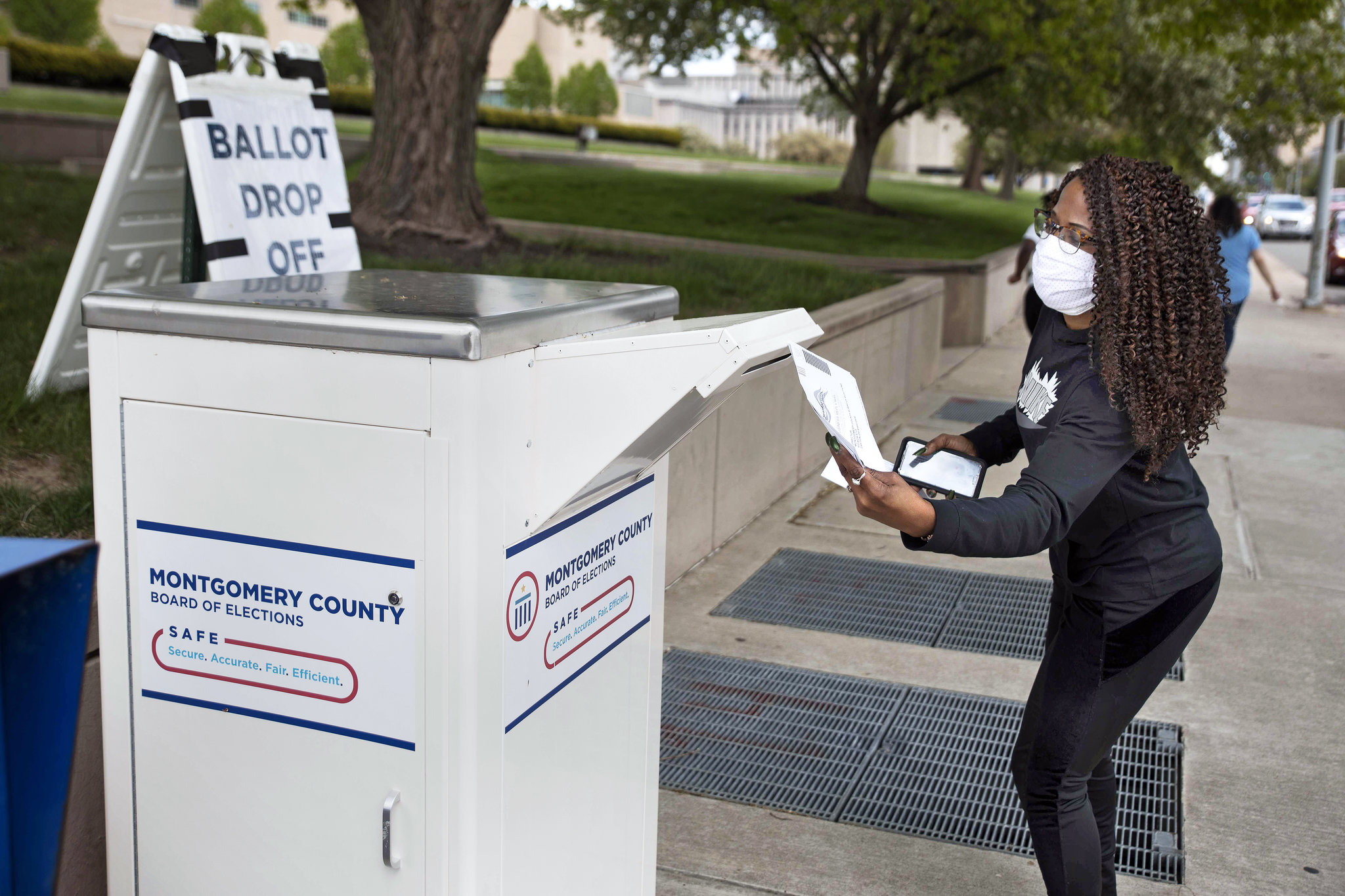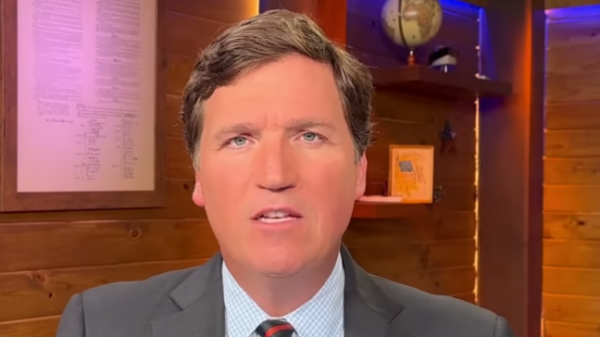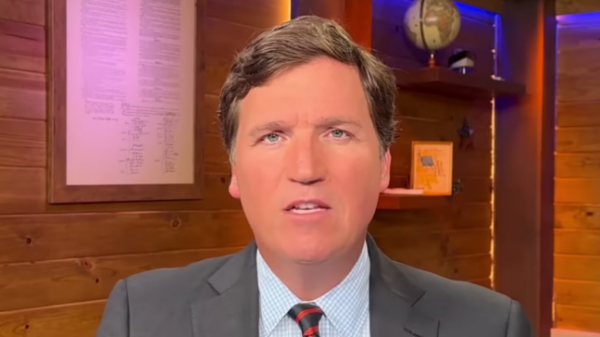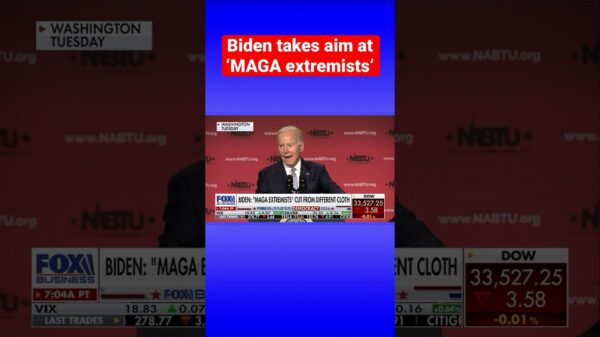The latest political question isn’t whether Donald Trump will win states like Michigan or New Hampshire in the 2024 general election, but whether he will be on the ballot in those states at all.
In the past month, efforts in those states, as well as in Arizona, Florida, and Maine, have emerged seeking to prevent Trump from appearing on ballots. This isn’t simply partisan bickering — these advocates say they believe he violated a provision in the 14th Amendment stating no one can serve in elected office if they have “engaged in insurrection or rebellion against the [United States], or given aid or comfort to the enemies thereof.”
The amendment was ratified in 1868, shortly after the Civil War. This section of the amendment aimed at barring those who joined the Confederacy from serving in office.
Its application in 2023 is clever. In one case, the amendment was used to remove a person involved in the Jan. 6, 2021 attacks from office. (More on that later.) But for Trump’s opponents, such an approach also carries a host of legal and political complexities.
Let’s step back for a minute, because the idea has some legitimacy. Indeed, respected liberal and conservative legal scholars believe there is merit. During last week’s Republican presidential debate, former Arkansas governor Asa Hutchinson put the issue on a national platform when he said Trump’s actions involving the attack on the Capitol were “something that could disqualify him under our rules and under the Constitution.”
The US House January 6th commission heavily implicated Trump in the attacks on the Capitol. He has since been charged with a number of crimes in relation to that day and is scheduled to stand trial in March.
There is a bit of precedent for this move, too. A year ago, New Mexico county commissioner Couy Griffin was removed from office under the 14th Amendment after being found guilty of trespassing in the Jan. 6 attacks. In his role as commissioner, Griffin also refused to certify the 2020 election results in his county.
There is a big difference, however, between Griffin and Trump. Griffin was convicted. Trump has not been. Notably, Trump wasn’t charged with “insurrection” by special counsel Jack Smith, even though some rioters that day were.
Of course, the amendment doesn’t specify that someone must be charged with insurrection or trespass, much less convicted. Proponents of the idea cite the “giving aid and comfort” language as proof that Trump violated the amendment when he spoke at a fundraiser at his New Jersey golf club in support of defendants charged in the Jan. 6 attacks.
States are taking the issue seriously. Officials in Michigan and New Hampshire say they are weighing the issue. Georgia’s secretary of state, Brad Raffensperger, decided Trump will be on the ballot. Arizona Secretary of State Adrian Fontes says he does not have the power to bar Trump from the ballot.
However, if this movement does proceed, there’s a good chance it will work in Trump’s favor.
No, the endless stream of stories that repeat Trump’s role as the father of the Jan. 6 attack aren’t helpful to Trump’s presidential campaign efforts to woo swing voters.
At the same time, Trump has already begun to characterize efforts to remove him from the ballot as politically motivated. So far, the charges against Trump have largely strengthened his base and given him new fundraising opportunities. The attempt to remove him from the ballot could have a similar effect.
Whether a state blocks Trump from the ballot or a group challenges his appearance on a ballot, the issue will likely end up in the courts. Trump could argue that all he did was use his First Amendment rights, and that the events on Jan. 6 weren’t an insurrection, but something less severe.
Eventually, the matter could wind up in the Supreme Court, which has a 6-3 conservative majority — another Trump advantage.
Of course, some behind this movement would say it’s not about politics. Trump violated the Constitution, and he should be held accountable, regardless of the political ramifications. But if those same people also intend to slow Trump’s momentum in a general election, this effort may actually backfire.






















